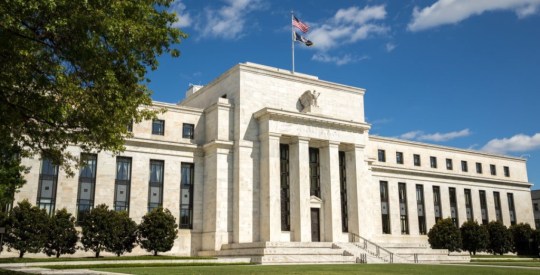The Consumer Financial Protection Bureau has been taking a long, hard look at some of the rules and regulations it has in place.
And next up on its list to review is the TILA-RESPA Integrated Disclosure rule, or TRID, and it looks like eliminating the rule entirely is not off the table.
The bureau plans to look at TRID’s effectiveness in meeting the purposes and objectives of Title X of the Dodd-Frank Act, the specific goals of the rule and other relevant factors. And the CFPB is opening up its assessment for public comments.
It is looking for recommendations to improve the assessment plan and recommendations for modifying, expanding or eliminating the TRID rule, among other questions.
The TRID Rule implemented the Dodd-Frank Act’s directive to combine certain mortgage disclosures that consumers receive under TILA and RESPA and requires that all creditors use standardized forms for most transactions.
Creditors are also required to provide the Loan Estimate and the Closing Disclosure forms to borrowers within three business days.
The implementation of TRID caused numerous issues in the housing industry in the run-up to the forms becoming required.
During the years-long implementation period, the acronym TRID came to stand for “The Reason I Drink” in many mortgage and title companies.
After the rule went into effect on Oct. 3, 2015, there were hiccups and headaches centered on how long loans would take to close, potentially causing problems for consumers who are strapped for time. Now, however, a lot of those have passed.
But the CFPB is still planning to review the rule.
The CFPB explained that it does not anticipate that the assessment report will include specific proposals by the Bureau to modify any rules, although the findings made in the assessment will help to inform the Bureau’s general understanding of implementation costs and regulatory benefits for future rule-making.
Since President Donald Trump took office, his administration has been working to deregulate the financial industry. The administration said that reducing “unnecessary burdens” will lead to economic growth.
Last year, the Department of the Treasury released a 21-page report entitled Regulatory Reform Accomplishments Under President Trump’s Executive Orders, which, as the title suggests, details the actions it has taken toward decreasing regulations.
Also last year, the CFPB released a series of requests for information and public input, asking members of the financial industry to weigh in on rules and processes as it works to reexamine the effects its regulations have on the industry.



